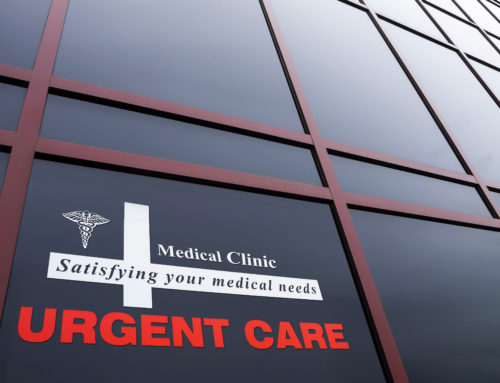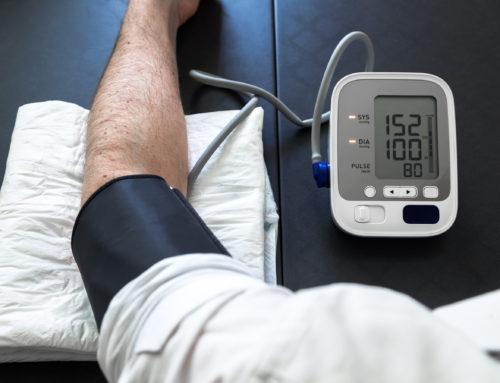Even in the modern age of medical advances and the finest in technology, the use of anesthesia is still one that comes with a considerable amount of risks. But do these risks end up causing mistakes and errors that can actually amount to medical malpractice? If they do, who is it that will ultimately be responsible? What do you need to do if you believe you are the victim of medical anesthesia malpractice? Read on to find out the answers and see how an emergency medical expert witness, like Dr. Edward Mallory, can help you with your case.
What Exactly is Anesthesia?
In emergency rooms across the United States, there are three main types of anesthesia used:
- General anesthesia: where the individual is rendered completely unconscious- major surgeries and severe injury cases will utilize this kind of anesthesia.
- Regional anesthesia: where only a certain region of the body is numbed- a spinal anesthetic block before a C-section is an example of regional use of anesthesia.
- Local anesthesia: where just the area being worked on is numbed – getting novocaine in the gums before dental work is the most common example of this anesthesia.
Possible Complications and Injuries
- The most common complications experienced from problems with anesthesia are:
post-operative pain that worsens or doesn’t fade as expected - Nausea and vomiting
- Delirium, unconsciousness, memory issues, or temporary confusion
- Injury from breathing tubes- the mouth, teeth, and throat are most commonly affected
- Allergic reactions from the anesthesia that can range from mild to life-threatening
- Issues with the lungs including bronchitis and infection
- Brain damage due to lack of oxygen
- Permanent numbness or weakness in the area that received the anesthesia injection
- Stroke, heart attacks, embolism caused by blood clots
- Anesthesia awareness where someone is conscious during the procedure
- In rare cases death can occur during or immediately after anesthesia usage
Thankfully, the more serious side effects and risks are still very rare, with most people experiencing things like nausea, vomiting, minor infection, and temporary mental effects. However, more serious side effects do still occur and even seemingly minor side effects, such as permanent numbness, can affect one’s quality of life. This is where the cases for anesthesia malpractice can occur.
Major Errors in Administration of Anesthesia
The most common types of mistakes in administering anesthesia are:
- Giving a patient either too much, too little, or the wrong type
- Intubating the patient incorrectly so it results in injury
- Failing to monitor the patient properly which results in injury or death
- Failing to notice warning signs of complications as they develop
- Accidentally or intentionally turning off alarms and sensors
- Failing to monitor the delivery of oxygen to the patient
- Failing to provide proper or accurate post-surgery instructions to the patient
- Injuries sustained due to negligence and failure to perform required duties
When is a Hospital Liable?
To make a medical malpractice claim against a hospital or emergency department because of an injury you or a loved one received due to the use of anesthesia, you will need to make sure you have a case that can be argued in court.
The first thing that has to be determined is whether the hospital, the ER doctor in charge of the procedure, or the anesthesiologist administering the anesthesia, is liable for the injuries that had been sustained. The most common ways that the medical team can be held for anesthesia errors are the following:
- If the anesthesiologist is a listed employee of the hospital, then the hospital is always the one that ultimately will be held liable. This is because the employer is held responsible for any negligence committed by its employees. The anesthesiologist may also be listed in the lawsuit and be a co-defendant in the case.
- If the anesthesiologist has been working with the hospital as an independent contractor, the hospital may still be held liable. The most common way the hospital or emergency department would be liable for the actions of an independent contractor is that they are responsible for being negligent when hiring and failing to supervise their workers.
- If the negligence occurred as the result of anesthesia equipment failure, there could still be a case that could be brought to the court. In this kind of situation, the hospital may be determined to be independently negligent in their failure to properly maintain and repair its equipment and ensure its safe operation.
- Outside of these specific scenarios, the anesthesiologist in most cases is the one that is going to be responsible, and could be sued directly. In this situation, the anesthesiologist will be liable for their mistakes, misuse of equipment, negligence, and lapse of judgment that resulted in the injury.
Working with An Emergency Medical Expert Witness
To build the best case for your anesthesia malpractice lawsuit, you will need a trusted and experienced emergency medical witness on your side. Dr. Mallory can break down complex medical language in easy-to-understand terms and help bring credibility and expertise to your case. Contact me to see if my services could help you today. 813.997.1241




























